The Jesuit novice perceives himself – do not blame him .. it’s his D.N.A- like the super apostle 2.0, a little Paul of Tarsus, a mythological creature able to survive both the liturgies of worldly life and the jungle of the Holy Roman Church. The housework, as we know, serves, among other things, precisely for this: to mitigate the idealism of the novice who, in his naivety, already sees himself as a missionary in the forests of Papua New Guinea.
These manual uses serve to prevent one’s own apostolic whims from burning a vocation still in its infancy. House work inculcates us, with a lot of irony, a very simple concept: We are still young padawans and the road to becoming jedi masters is still long. Brother Paride is one of those who takes care of our training. No lightsaber training or psychokinesis, though! One of the most popular exercises of our trainer responds to the name of a very well known work: “Remove the weeds”.
There is no need for too many paraphrases to clarify what we are talking about: it is about cleaning up the garden, eliminating weeds. Weeds are able to remove light, water and nutrients from the plants. In short, they feed on crops. The task, however, is somewhat frustrating because a few weeks after their removal, new ones regularly grow back. The Jesuit novice however, it is good to remember, is endowed with separate spiritual geniuses, who make him able to do contemplation in action, capable of drawing spiritual insights also from w.c and bidet cleaning. Will it therefore be able to carry out such a task without giving rise to unlikely parallels between rural work and spiritual life? I save you the time to think about it. The answer is no. The comparison with asceticism and spiritual struggle is a must. The inner resonances are the same: What sense does it take to uproot these weeds if in a few weeks they will begin to grow again? ..some of them will not be noticed and will remain in the ground…
Weeds are the disordered affections of our heart, the immaturity of the person, the traps of the enemy. The eyes, the hoe, the sickle, the rake, the hands are the tools we use to track them down, mitigate them, reduce them, eradicate them; they find their counterpart in a long series of spiritual analogues: the contemplation of the life of Christ, the meditation of the Word, prayer of request, acts of charity, the Ignatian examination, confrontation with the spiritual father, self-analysis, asceticism, the exercise of the will. As we said before, there is a risk: in the act of eliminating weed it is easy to uproot even crops. In the same way, we must be careful not to demonize passions, otherwise we risk taking life away from the energy we need to accomplish God’s will with joy.
We must eliminate all that weighs us down and that draws strength to promote our growth towards the High as the weeds must be eliminated to let the plant grow. But the work is tiring. The position that the body assumes during this task is unnatural and in a sense we feel that it is also fighting against the inclinations of the “flesh”. In this the good Paul had seen well (cf. Rom 7: 18-21). Furthermore, it is already a miracle if we succeed in becoming aware of each one of them (see Psalm 18.13). The question that arises is: why all this efforts, if we are destined to start all over again?
This cleaning will, so, allow the cultivated plants to produce vegetables and fruits that we and our our brothers will enjoy. In the same way, our growth will produce spiritual fruits for us and for others. The re-emergence of defects, immaturity, temptations, will warn us against the risk of leading a path of narcissistic purification, it will help us to accept our creatural limit and above all, it will remember that their definitive cancellation does not belong to us but to the Father (Mt 13.24-30).
Pietro Coppa, second year novice

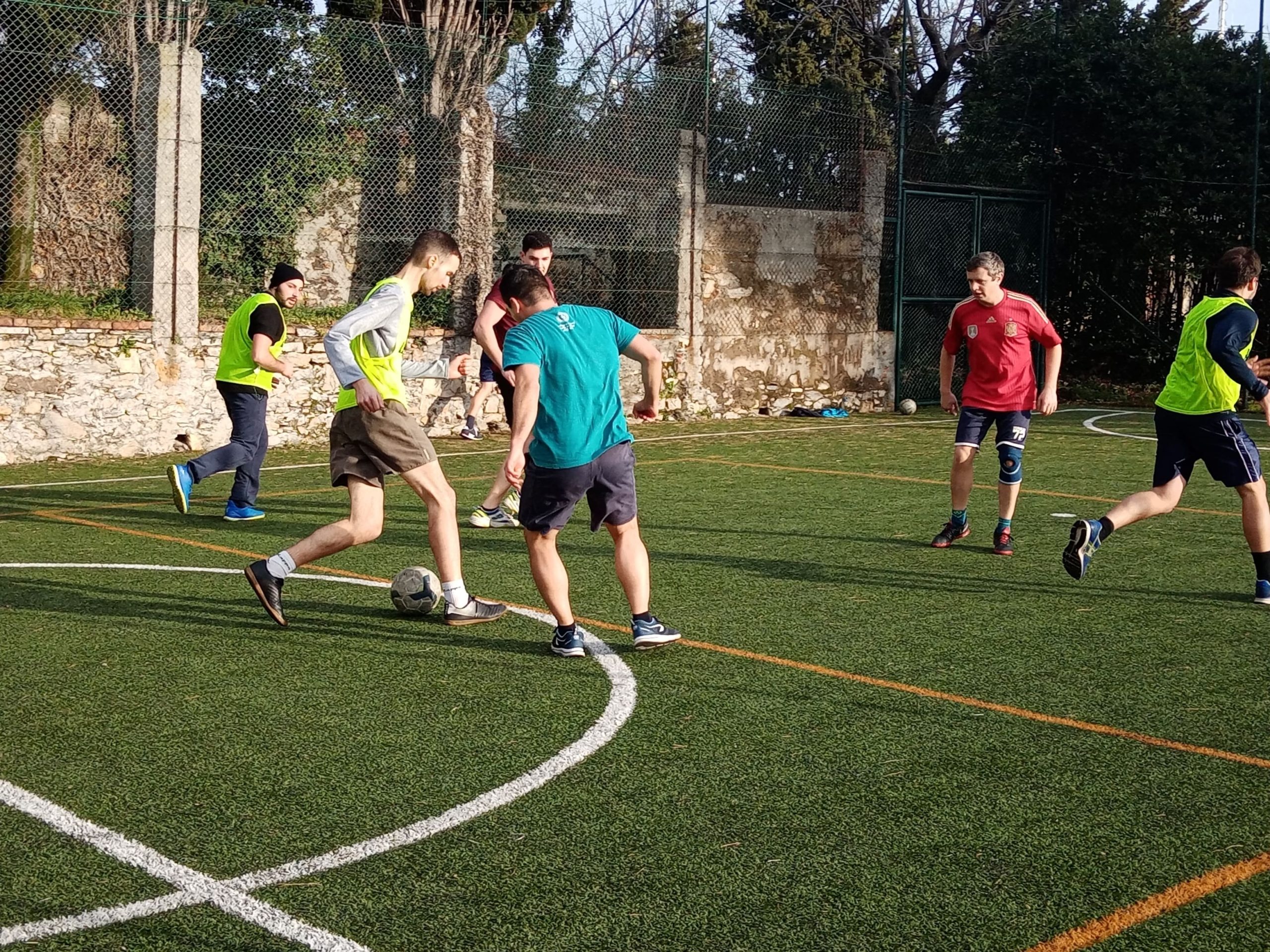
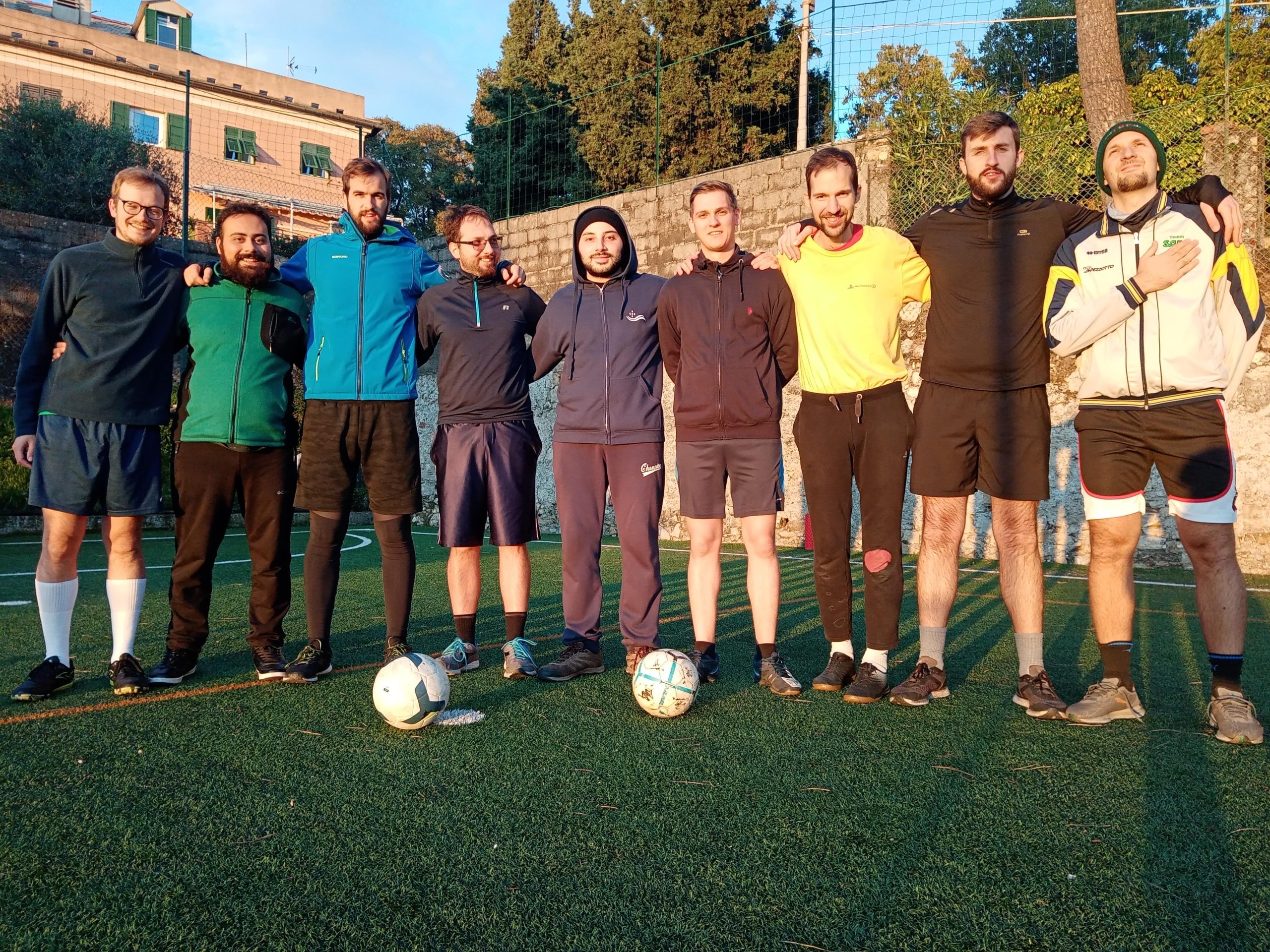


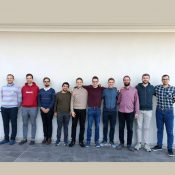

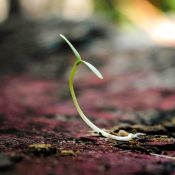

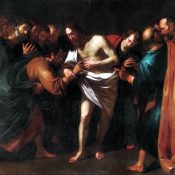
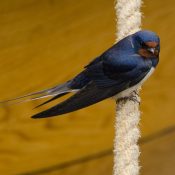

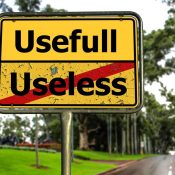
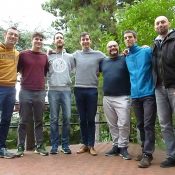
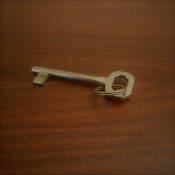

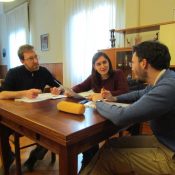
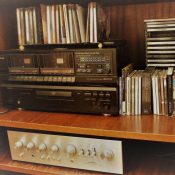
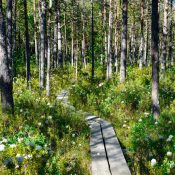
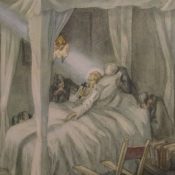
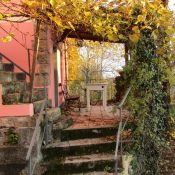



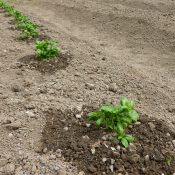
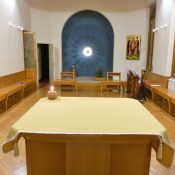
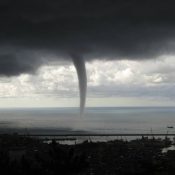

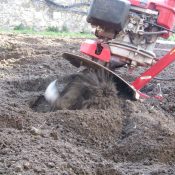

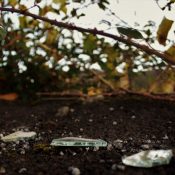
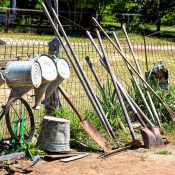


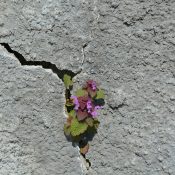



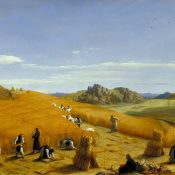


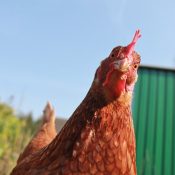
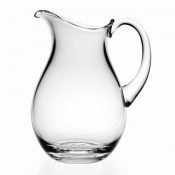
Comments